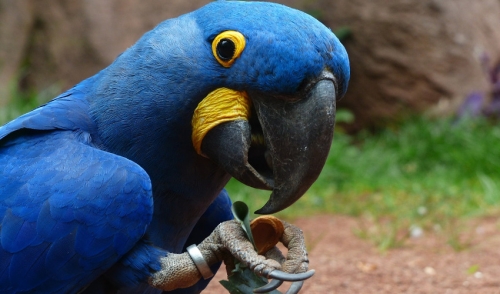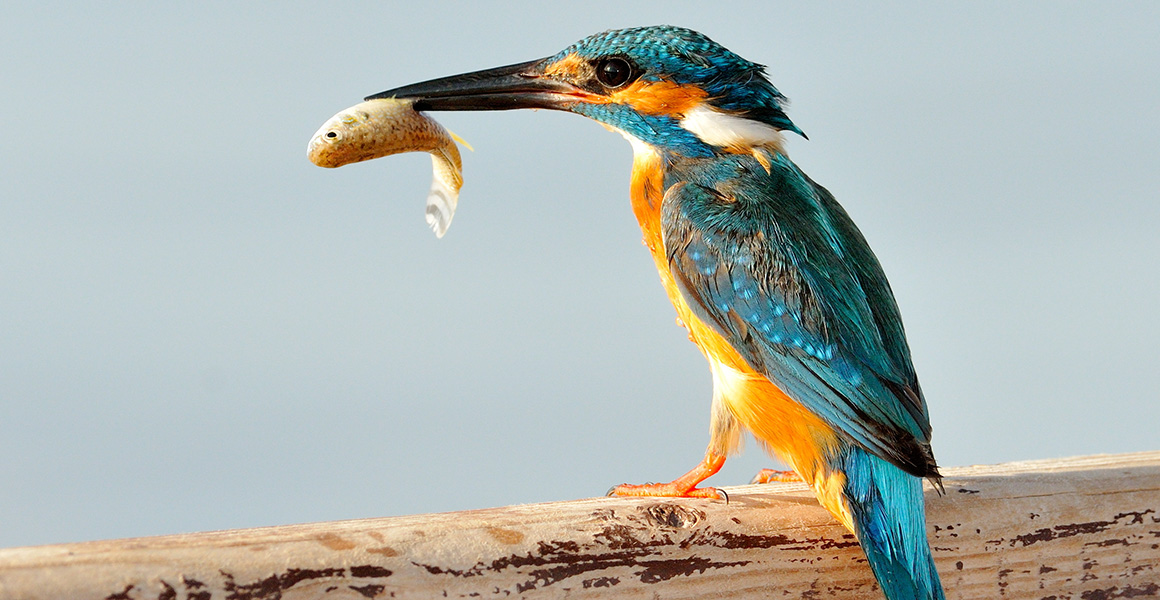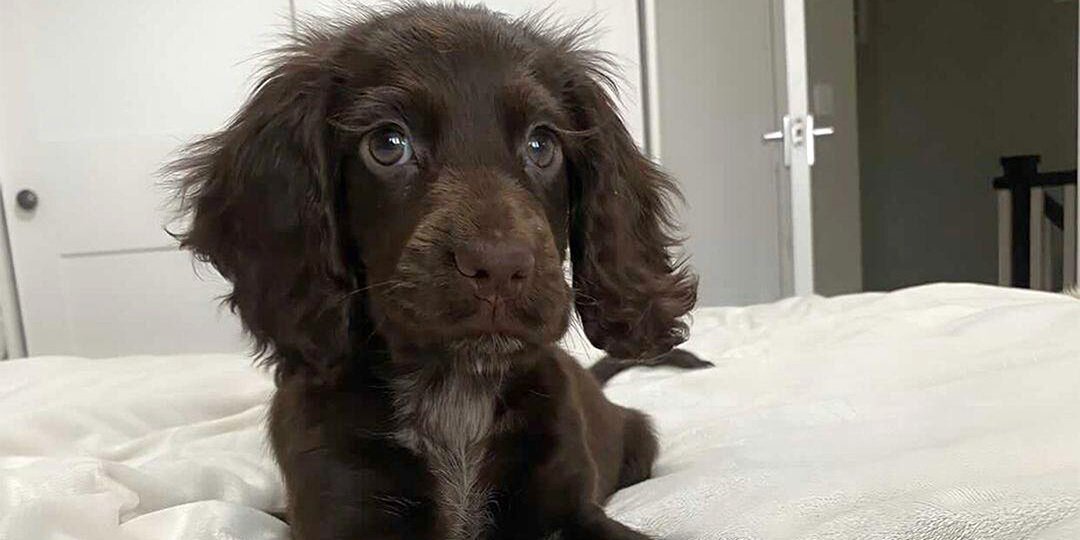Last Updated on September 20, 2021 by Fumipets
The beak of your parrot isn’t the blunt tool it seems to be. It’s a strong and intimidating weapon, yet it can also do precise tasks. Your parrot’s beak, of course, is essential for eating. It’s critical that you assist him in maintaining his health throughout his life.

Strength And Cracking
The beaks of parrots are very powerful, and they use them to defend themselves. The same beak power that enables a parrot to take down would-be predators also helps him to consume a more diverse diet, since he can readily break open nuts and seeds with hard exterior shells, rather than only consuming tiny or soft things. Your parrot can open a shell that would normally need a nutcracker, and he does it without using his hands. He can eat hard things just as readily as berries because of his beak.

Precision Tools
The beak of your parrot is strong and precise. Parrots devour a range of things with their beaks that need more than brute effort to swallow. For example, a parrot’s beak may be used to remove seeds from its shells or peel fruit, much like a medical knife. Parrots are resourceful, using their beaks to reach a variety of naturally enclosed sources of nourishment at meals.

Source Of Strength
The beak is constantly expanding. It’s covered in a thick keratin coating that replaces itself on a regular basis, keeping it looking new — like your fingernails, but considerably stronger. Because the shell is always growing, parrots must constantly eat and chew hard, solid foods to wear down the beak. Otherwise, the beak may get too long.

Health Concerns
Because their beaks are so important to their ability to eat and defend themselves, wild parrots must take special care to keep them healthy and strong. They may need your assistance while in captivity. Malnutrition may cause beak health to deteriorate, leading it to soften and become less efficient at crushing hard meals. Meanwhile, liver illness may impair the health of a parrot’s beak. Because problems like these may be addressed with appropriate diagnosis and treatment, it’s important that you bring your bird in for frequent examinations with an avian veterinarian. These kinds of problems are generally avoidable.


















